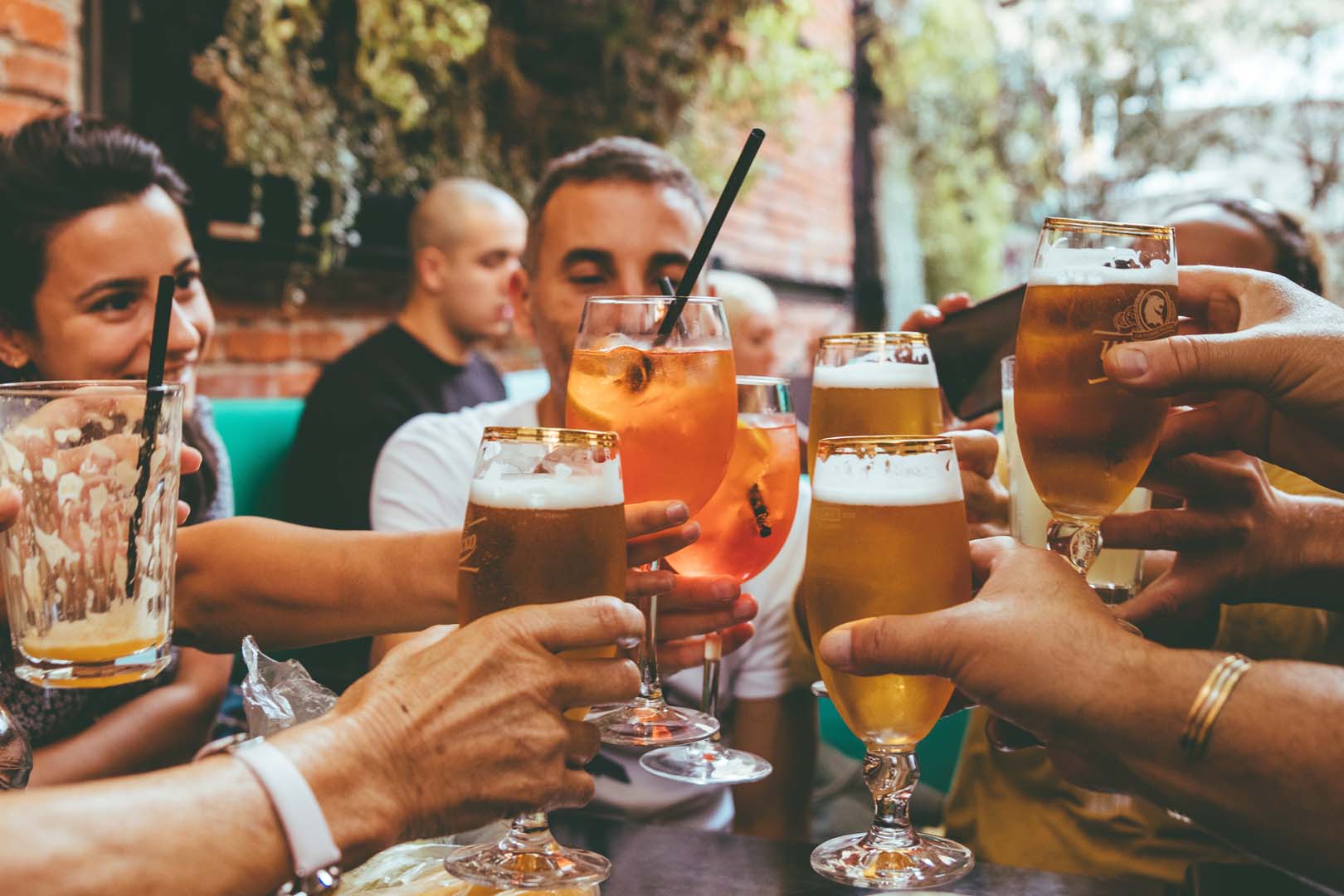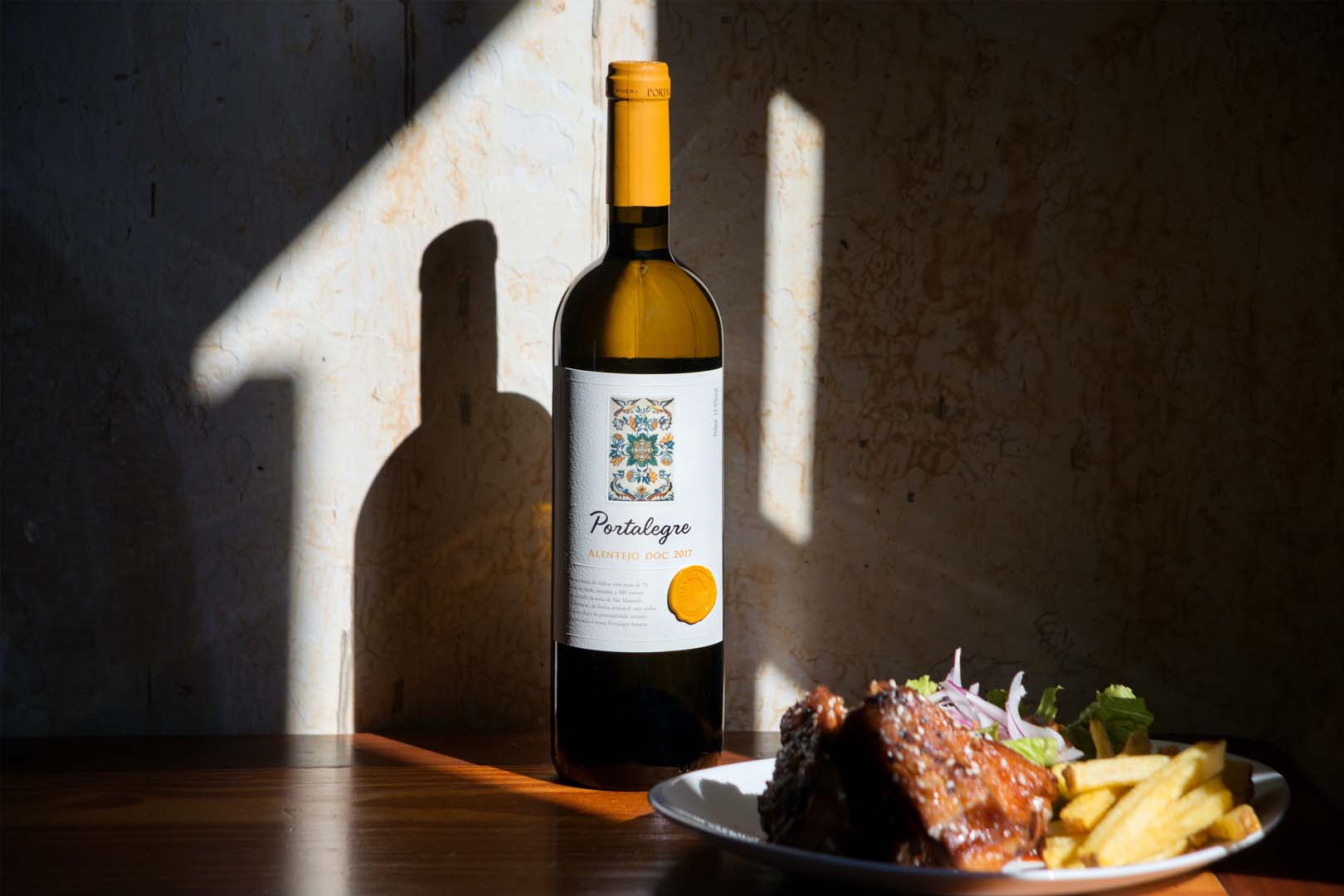Decanting the Future: AI's Bouquet in the Wine Industry
The wine industry, steeped in tradition and craftsmanship, is poised at the edge of a technological renaissance. As a marketing blogger with a keen interest in the intersection of technology and consumer trends, I've been fascinated by the gradual infiltration of Artificial Intelligence (AI) into the ancient art of winemaking and distribution. Here's a glimpse into the potential impact of AI on viticulture and oenology, and what it might mean for vineyards and wine enthusiasts alike.
Background: AI Uncorked
Artificial Intelligence refers to the simulation of human intelligence processes by machines, especially computer systems. These processes include learning, reasoning, and self-correction. Originating in the mid-20th century, the concept of AI has evolved from simple automata to complex algorithms capable of outperforming humans at certain specific tasks.
Industry Applications: AI in the Vines
In the wine industry, AI can be leveraged in numerous ways, from cultivation to customer satisfaction:
- Precision Agriculture: AI can optimize grape yield and quality, using data analytics to manage soil health, water use, and pest control.
- Automated Harvesting: AI-driven robots can harvest grapes, reducing labor costs and time, while minimizing damage to vines and grapes.
- Quality Control: AI can analyze chemical compositions to consistently ensure the wine's quality, detecting imperfections that the human palate might miss.
- Consumer Insights: By sifting through vast amounts of data, AI can predict market trends and consumer preferences, aiding in inventory management and marketing strategies.
- Personalized Experiences: AI can tailor recommendations to individuals, enhancing customer engagement through virtual sommeliers and customized wine subscriptions.
Advantages: The Sweet Notes of AI
The potential benefits of AI in the wine industry are numerous:- Efficiency: AI can streamline operations, reduce waste, and accelerate production cycles.
- Precision: With AI, vintners can achieve a higher level of consistency in their product, which is crucial for brand reputation.
- Sustainability: By optimizing resource use, AI contributes to more sustainable production practices.
- Scalability: AI's data-driven insights can help wineries expand their reach and adapt to changing markets with greater agility.
Challenges: The Tannins of Technology
Despite its potential, AI's integration into the wine industry is not without its challenges:
- Cost: The initial investment for AI technology can be significant, especially for smaller wineries.
- Complexity: Implementing AI requires expertise that may not be readily available in the traditionally low-tech industry.
- Data Privacy: Collecting consumer data for AI can raise privacy concerns and necessitate robust security measures.
- Cultural Resistance: Winemaking is an art; some purists may resist the mechanization and data-driven aspects of AI.
Real-World Examples: AI-Paired Wines
Several forward-thinking companies are already savoring the benefits of AI:
E. & J. Gallo Winery: This winery has employed machine learning to analyze data and improve its grape yield and quality.
Château de Pommard: By using AI, this French winery offers personalized wine experiences to its customers, enhancing their education and enjoyment.
Future Outlook: AI's Vintage
The future of AI in the wine industry looks robust. As the technology becomes more accessible and the benefits more apparent, we can expect a surge in adoption. Here are some predictions:
- Smart Vineyards: Vineyards will increasingly become data-driven, with AI at the heart of operations from soil analysis to distribution logistics.
- Digital Oenophiles: AI will cultivate a new breed of wine enthusiasts who rely on personalized, AI-driven insights to make purchasing decisions.
- Blockchain Bottles: The use of AI in conjunction with blockchain could ensure the authenticity of wines, a significant advantage in an industry plagued by counterfeits.
In conclusion, while AI may never replace the soulful art of winemaking, it promises to enrich it, blending centuries-old traditions with cutting-edge innovation. As we witness this transformative era, one thing remains certain: the confluence of AI and wine will yield an exciting, complex flavor profile that will tantalize tech-savvy and traditional palates alike. Stay tuned as we watch the industry evolve, one sip of data at a time.

 By
By


